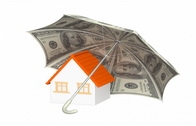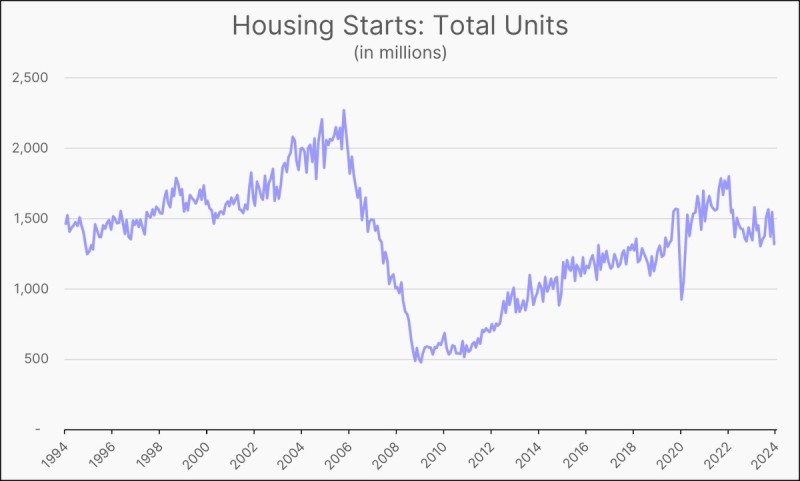Advertisement
Mortgage Fraud Damage to Hit $7.4 Billion in 2011

CoreLogic has announced the availability of its 2011 Mortgage Fraud Trends Report. The study analyzed 10.5 million loan applications from the first quarter of 2005 through the first quarter of 2011. In the report, CoreLogic fraud experts predict that fraud-related U.S. residential mortgage originations will total $7.4 billion in 2011. This represents a nearly 40 percent decline from the estimated $12 billion in mortgage fraud-related originations experienced by the industry in 2010. The study also revealed the ever-changing nature of fraud with certain types on the rise including property fraud (262 percent increase over last year) and others on the decline such as identity fraud (45 percent decrease over last year).
CoreLogic attributes the year-over-year decrease primarily to significantly lower mortgage origination volume in 2011 combined with the CoreLogic Fraud Index remaining relatively flat for the last five consecutive quarters of the study period. This indicates that lenders’ improved pre-funding fraud controls have curbed the fraud growth that spiked in 2007.
“Although our data shows the overall fraud rate has been relatively flat over the last few quarters, new fraud schemes are constantly evolving to infiltrate weaknesses and vulnerabilities in lenders’ fraud prevention programs,” said Tim Grace, senior vice president of product management and analytics at CoreLogic. “To address this, we developed an Alert Risk Index approach to evaluate the movement in individual fraud types and to observe additional risk patterns. For example, the study shows that the primary reason for the increase in property fraud risk is related to potential fraudulent flipping and flopping of properties. As fraud trends change, CoreLogic can examine the consequent change in fraudsters’ patterns generated each day based on newly originated loans.”
The Federal Bureau of Investigation (FBI) concurs that the opportunity for mortgage fraud will continue. It stated in its 2010 Mortgage Fraud Report, “The current and continuing depressed housing market will likely remain an attractive environment for mortgage fraud perpetrators who will continue to see new methods to circumvent loopholes and gaps in the mortgage lending market. These methods will likely remain effective in the near term, as the housing market is anticipated to remain stagnant through 2011.”
Additional highlights of the study include:
►The five riskiest areas of the country for fraud-related originations based on the first three digits of the ZIP code are Chicago, Ill. (606); Washington, D.C. (201); Brooklyn, N.Y. (112); Atlanta, Ga.(303) and Jamaica, N.Y. (114). These five riskiest Sectional Control Facilities (SCFs) are determined using the Fraud Index where each has a fraud rate that is at least 30 percent higher than the national average for mortgage fraud risk. The Fraud Index is a leading indicator that validates our previously published findings (based on lender-reported confirmed frauds) as there is significant overlap between riskiest SCFs determined by the Fraud Index and by confirmed fraud reports.
►The CoreLogic Fraud Index remained flat from the first quarter 2010 through the first quarter of 2011, declining more than 28 percent since its peak in the third quarter of 2007. The Fraud Index represents the collective level of fraud risk the industry was experiencing each quarter.
About the author





